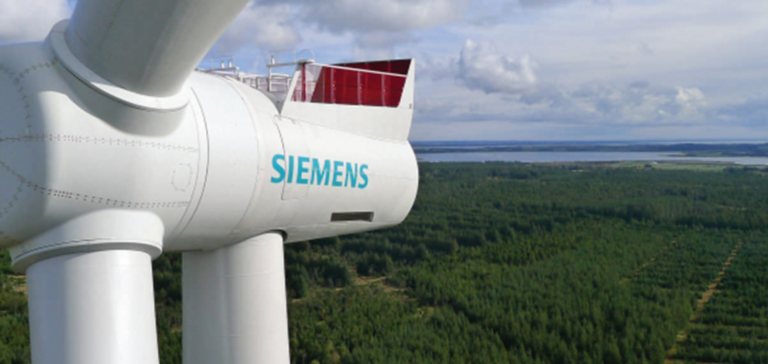Siemens Energy, recently announced an alarming loss for the 2022/2023 financial year. At 4.59 billion euros, this loss was largely due to difficulties encountered in the wind power sector, in particular persistent quality problems. The costs associated with these problems, coupled with rising product costs and the challenges specific to the offshore wind energy sector, have severely affected the company’s financial results.
Quality issues and financial impact
The situation is particularly critical for its Spanish subsidiary, Siemens Gamesa, which specializes in the construction of wind turbines. Initially scheduled to be profitable in the near future, the company is now expected to reach this target only in 2026. This significant deviation from previous forecasts underlines the challenges facing the company.
Siemens Gamesa’s Challenges and Profitability Outlook
By comparison, the previous year saw Siemens Energy record a relatively smaller net loss of 647 million euros. Despite a disappointing performance, the company nonetheless managed to set a record with an order backlog peaking at 112 billion euros. This success contrasts sharply with the quality problems and difficult business environment that prevented the company from responding effectively to demand.
Analysis of past and current performance
External factors negatively affecting Siemens Energy include rising interest rates, disruptions to the global supply chain, and the ongoing repercussions of the war in Ukraine. The latter has had a particular impact on the company, making certain public contracts concluded before the surge in raw material prices unprofitable.
The Impact of External Factors on Siemens Energy
Against this difficult backdrop, the German government stepped in with a substantial rescue plan. Siemens Energy will benefit from a €15 billion loan guarantee from private banks and shareholders, including Siemens, which still owns 25% of the company. In addition, the sale of part of its stake in a joint venture in India should provide further financial relief.
This government aid, combined with an internal restructuring strategy, could eventually stabilize the company. Siemens Energy also reported a 7% increase in sales, to €31 billion, and forecasts similar growth for 2024. With these measures, the company hopes to achieve a profit of 1 billion euros next year.
Siemens Energy’s situation illustrates the complexity of the challenges facing the renewable energy sector. Despite a difficult year marked by significant financial losses and operational obstacles, the company is showing signs of recovery thanks to government support measures and strategic adjustments. This development suggests a possible improvement in performance for fiscal 2024, with an expected return to profitability.






















